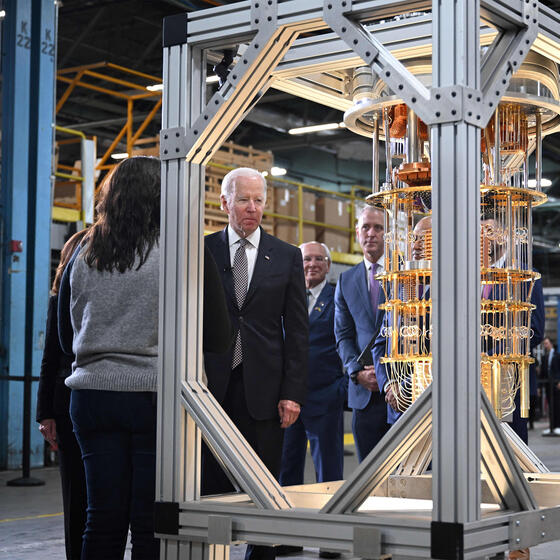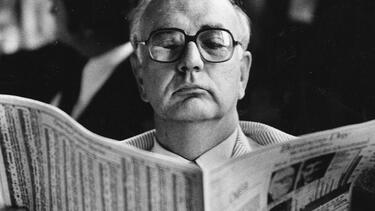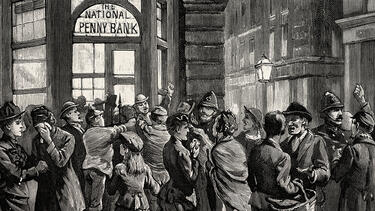Public Policy
Can Industrial Policy Help Revive Struggling Regions?
A new paper co-authored by Yale SOM’s Cameron LaPoint looks at an effort in 1980s Japan to narrow economic inequalities between geographic regions, in order to understand the potential impact of the similar U.S. CHIPS and Science Act, enacted in 2022.

How Meritocracy Worsens Inequality—and Makes Even the Rich Miserable
Yale Law School’s Daniel Markovits argues that rather than democratizing American society, meritocracy has contributed to increasing inequality and the decline of the middle class.

Three Questions: Prof. Andrew Metrick on Paul Volcker’s Legacy
Paul Volcker, former chairman of the Federal Reserve, died on December 8 at age 92. Prof. Andrew Metrick reflects on Volcker’s contributions to the Fed and economic policy.

Three Questions: Prof. Jacob Hacker on Tax Rates for the Rich
A recently published book argues that the richest Americans now pay lower tax rates than any other income group. We asked Yale political scientist Jacob Hacker to explain how this situation developed and why it’s proved politically difficult to raise taxes on the rich.

For a Path to a Decarbonized Economy, Look to the States
Robert Klee, a lecturer at Yale and the former commissioner of the Connecticut Department of Energy and Environmental Protection, says that state-level approaches to the climate crisis provide a roadmap for a 10-year, trillion-dollar effort to put the U.S. on a path to decarbonization.

To Prevent Financial Crises, Regulate Short-Term Debt
Yale SOM’s Gary Gorton argues that financial crises happen because short-term lending, while essential to the economy, is also vulnerable to panic when parties lose confidence in each other. In a new paper, Gorton proposes a method of regulating short-term debt and preventing future crises.

Can Antitrust Enforcement Protect Digital Consumers?
More and more of our economic and social lives are being conducted through digital channels. Economist Fiona Scott Morton talks about how effective antitrust regulation and enforcement can ensure that consumers benefit from the next killer app.

Equalizing School Spending Boosts Lifelong Income
School finance reforms that equalize spending across rich and poor neighborhoods improve the long-term economic outcomes of disadvantaged children.

Three Questions: Prof. Vahideh Manshadi on Improving Kidney Donation
This month, the Trump administration announced a series of steps to overhaul the kidney transplant system. We asked operations expert Vahideh Manshadi if the changes could make a difference for patients.

Why ‘Breaking Up’ Big Tech Probably Won’t Work
Instead, argues Yale SOM’s Fiona Scott Morton, the government should exercise its regulatory powers to promote competition.

Three Questions: Prof. X. Frank Zhang on the Drop in Charitable Giving
Adjusted for inflation, charitable giving in the United States fell by 1.7% in 2018, We asked Prof. X. Frank Zhang what explains the decline and how policymakers can encourage more giving.
